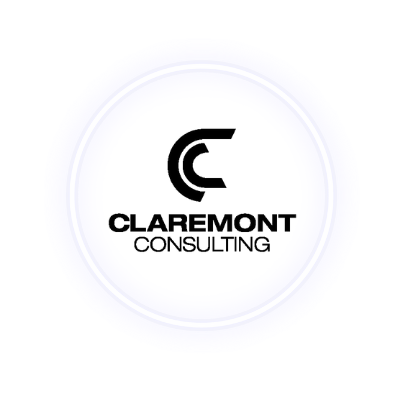How to prepare for your interview
Interview Preparation Checklist
So you've applied for your dream job, you’ve scheduled your interview, now all that’s left is smashing your interview. See below how to avoid the common interviewing mistakes and give yourself the best chance at receiving an offer.
Research the organisation
Do your homework. Before the interview, complete the necessary preparation by researching the organisation you are interviewing with. Check out their website, LinkedIn and social pages. Take notes on their current projects, which clients they are currently working with and what markets they specialise in.
Use this as an opportunity to dive deep into the company culture to determine how you will fit with the employees and management.
With your in-depth knowledge, you can show HR management that you are interested in the company and have prepared yourself well. This might even help you think of some questions you'd like to ask at the end of the interview.
Research the Interviewer
In the majority of interview emails you will know in advice who is going to be interviewing you. Its therefore advisable to check out their LinkedIn page before you meet. You might find you have some things in common which you can speak about during the interview. This also highlights your seriousness regarding the position.
Prepare answers to common interview questions
Based on past interviews and common interview questions make some notes on what you might like to talk about. Link these answers directly to your experience and give examples on projects you've worked on and how you have developed skills in your past roles.
Make sure you include your personality in these answers, try and link in some hobbies and interests of yours that are relevant to the role to help you stand out.
Questions to ask at an interview
As mentioned above having a list of questions you'd like to ask at the end of the interview shows good preparation and shows that you are interested in learning more about the company and having a thorough understanding of the company.
Example questions could include:
- What's a typical day like for a person in this position?
- What's your favourite part about working for the company?
- What are the next steps in the hiring process?
Prepare your travel arrangements
Determine where your interview is located, how long it will take you to get there and what mode of transport will be the most convenient. Having your travel planned will ensure you arrive on time, which can promote confidence and demonstrate your professionalism and time management skills.
Conclusion
The interview is a great opportunity to show what you can do. With these tips you are guaranteed to make a great impression and get the job! We keep our fingers crossed for your next job interview! As recruiting experts, we have a direct line to employers from a wide variety of industries and are happy to support you in getting a little closer to your dream job.





